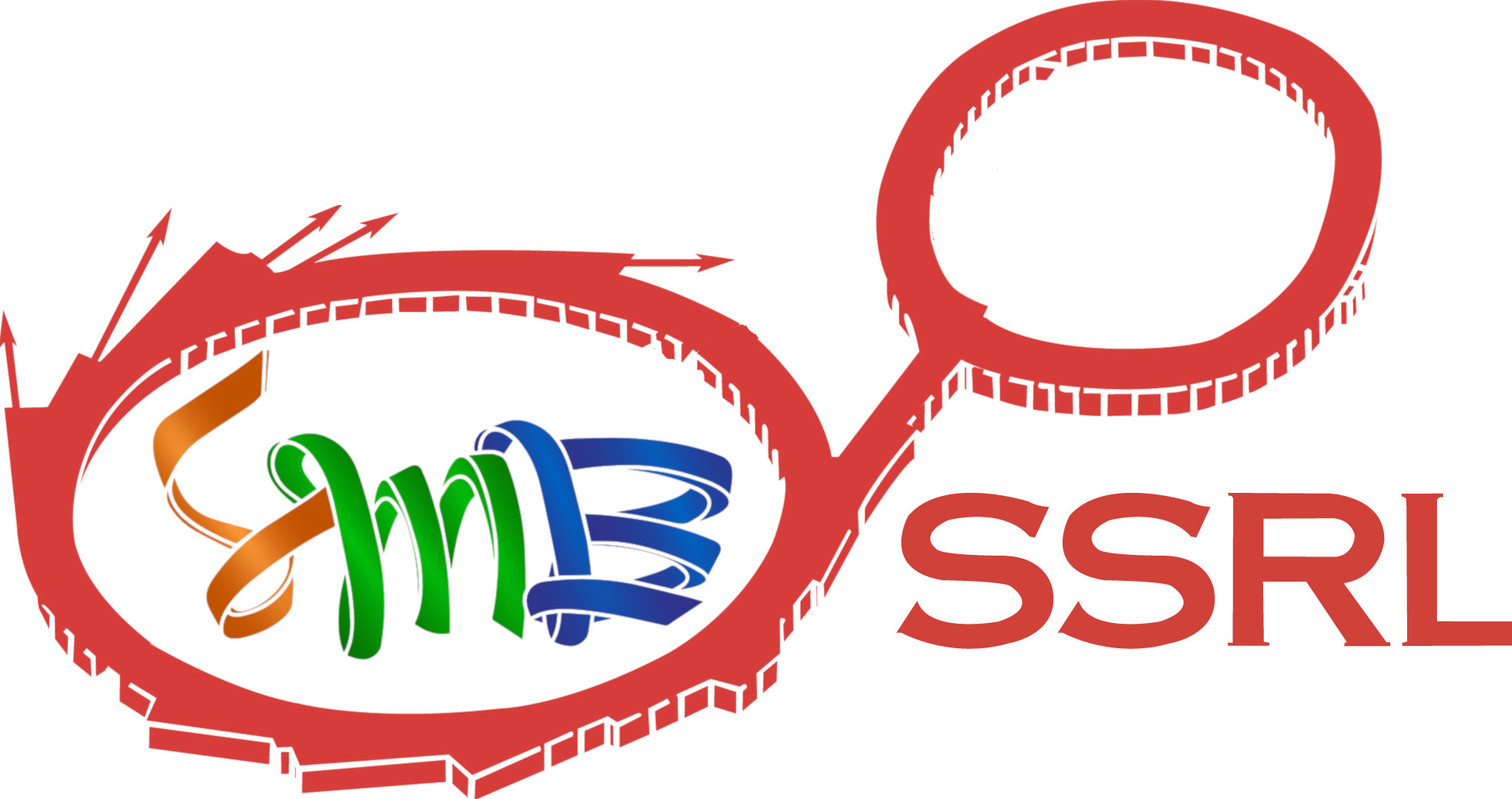Click here to go to the corresponding page for the latest version of DIALS
DIALS 2.0: from images to MTZ files with DIALS¶
On behalf of the DIALS development group, we are pleased to announce the release of DIALS 2.0. This provides a complete toolkit for processing of X-ray diffraction data from area detectors to scaled intensities - free to all users and every line of code available for inspection at https://github.com/dials/dials.
Thanks to the efforts of everyone in the team we are pleased to announce the release of DIALS 2.0 for processing of crystallographic rotation data. This includes a large number of changes in particular:
- symmetry determination and scaling - used by default in xia2
- flexible workflows for challenging data
- speed improvements across the code base to address more challenging data sets
- more consistent output file naming
- multi-crystal analysis with dials.cosym and xia2.multiplex
- Python 3 compatible code (this is currently experimental, but will be fully supported in the next major release)
As always we are constantly working on bug fixes and improvements so already we are at 2.0.1. The binaries for download can be found at https://dials.github.io/installation.html.
Tutorials and documentation is available at https://dials.github.io.
If you have any problems please feel free to log issues at https://github.com/dials/dials/issues or by emailing dials-support@lists.sourceforge.net.
This work is only possible thanks to the support of funding agencies:
Diamond Light Source CCP4 Biostruct-X project No. 283570 (EU FP7) Wellcome Trust (Grant No. 202933/Z/16/Z) US National Institutes of Health grants GM095887 and GM117126
which in turn reflects the support offered from the community for our efforts, so thank you.





